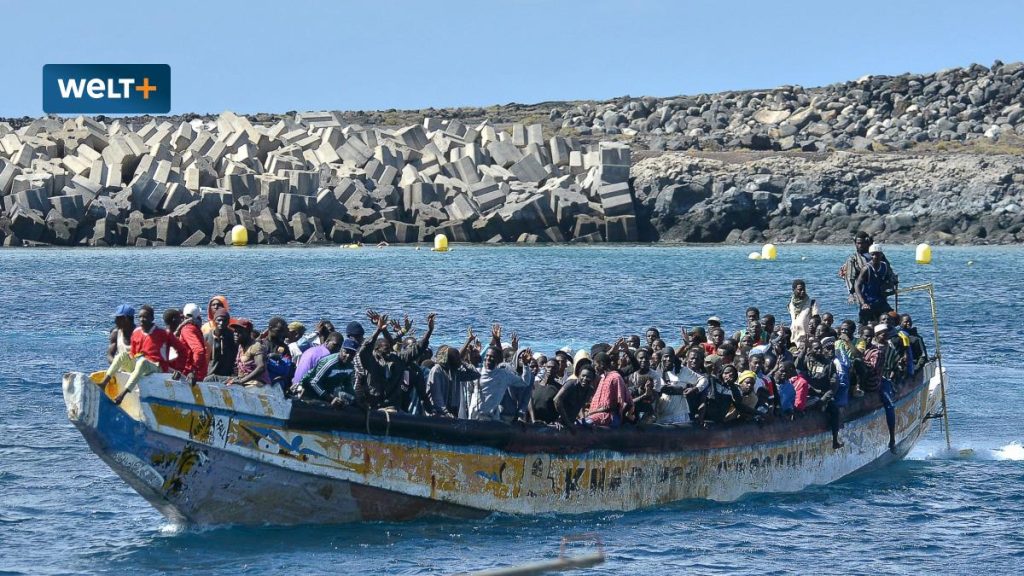The article discusses a significant increase in migrant arrivals at the border between Belarus and Poland, with the number of arrivals reportedly increasing fivefold in recent months. This surge in migrants has led to a humanitarian crisis at the border, with many individuals, including women and children, facing dire living conditions and limited access to essential services such as food and water. The influx of migrants is believed to be a result of a deliberate effort by the Belarusian government to destabilize the European Union by encouraging migrants to cross the border into Poland. The situation has put a strain on the already overwhelmed Polish authorities, who are struggling to manage the growing number of arrivals and provide assistance to those in need.
The influx of migrants at the border has raised concerns among European leaders, with some accusing the Belarusian government of using the migrants as pawns in a political game. The Belarusian government, led by President Alexander Lukashenko, has denied these accusations and instead blamed the European Union for the crisis, claiming that EU sanctions have forced Belarus to retaliate by opening its borders to migrants. The situation has escalated tensions between Belarus and the EU, with Poland calling for additional sanctions to be imposed on Belarus in response to the crisis. Meanwhile, the migrants themselves are caught in the middle of this political conflict, facing uncertainty and hardship as they seek refuge and safety in Europe.
As the situation at the border continues to deteriorate, humanitarian organizations are working to provide assistance to the migrants in need. However, their efforts are hindered by the limited resources available and the challenging conditions at the border. The lack of coordination between European countries has also made it difficult to effectively address the crisis, with each country implementing its own measures to manage the influx of migrants. The United Nations and other international organizations have called for a coordinated and humane response to the crisis, urging European leaders to prioritize the well-being of the migrants and uphold their human rights.
The crisis at the Belarus-Poland border has highlighted the need for a more comprehensive and coordinated approach to managing migration in Europe. The current situation serves as a stark reminder of the challenges and complexities involved in addressing mass migrations, as well as the importance of international cooperation in finding sustainable solutions. As the number of arrivals continues to rise, it is imperative for European leaders to work together to develop a long-term strategy for managing migration and ensuring the safety and well-being of those seeking refuge in Europe. Failure to do so could have lasting consequences for both the migrants and the countries involved, further exacerbating tensions and fueling political conflict in the region.
The humanitarian crisis at the Belarus-Poland border is a stark reminder of the urgent need for a more cohesive and compassionate approach to managing migration in Europe. The situation has exposed the vulnerabilities and shortcomings of the current system, highlighting the importance of greater cooperation and solidarity among European countries. As the number of arrivals at the border continues to increase, it is crucial for leaders to set aside political differences and prioritize the well-being of those in need. The migrants caught in the middle of this crisis deserve compassion, support, and protection, and it is up to European leaders to work together to provide them with the assistance they need.
In light of the worsening crisis at the border, European leaders must come together to address the root causes of migration and find sustainable solutions to prevent similar situations from occurring in the future. This includes addressing the political motivations behind the Belarusian government’s actions and working to de-escalate tensions in the region. By prioritizing the safety and well-being of migrants and upholding their human rights, European leaders can demonstrate their commitment to compassion and solidarity in the face of adversity. Failure to do so risks further exacerbating the humanitarian crisis at the border and fueling political conflict in the region, with far-reaching consequences for all involved.


